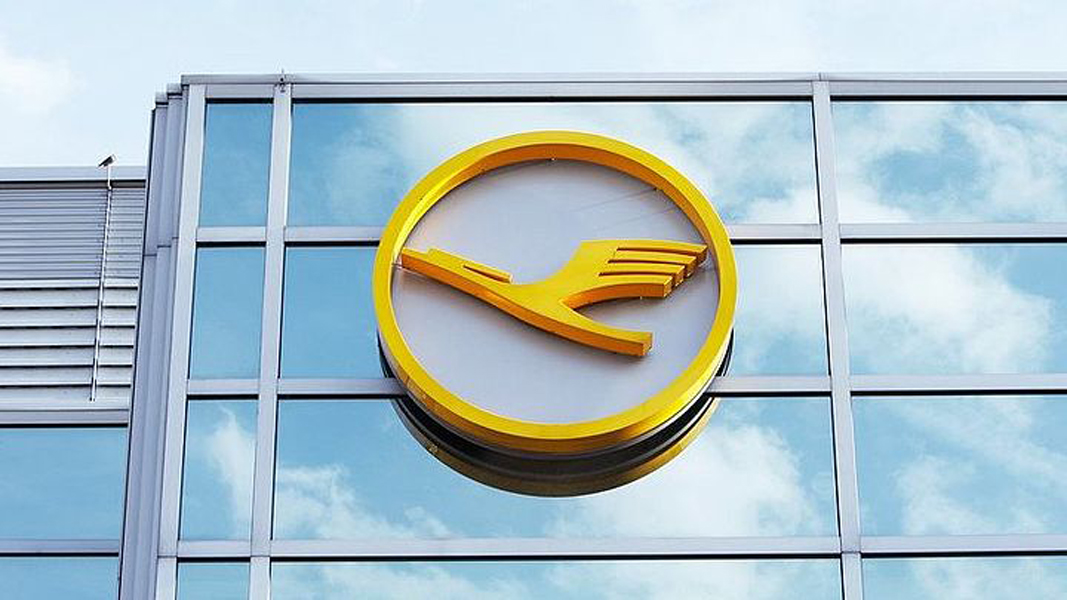
Even before the COVID-19 Coronavirus pandemic slammed the aviation industry, the Lufthansa Group was facing a number of challenges. But despite those challenges, Lufthansa has today reported a profit of €2 billion for 2019, saying the earnings were in line with forecasts despite “considerable” charges that included €600 million increase in fuel costs.
Carsten Spohr, the Chairman of the Executive Board of Deutsche Lufthansa AG, however, warned that the consequences of the Coronavirus outbreak could not yet be foreseen, saying that “drastic and sometimes painful measures” would have to be taken to limit the damage.
Throughout 2019, the Lufthansa Group – which also comprises Austrian, Brussels Airlines, Eurowings, and SWISS – had to deal with:
- An industrial dispute and strike action at both Lufthansa and Eurowings
- Intense competition in the Austrian market
- Pressure on fares in its home German market
- Reorganising the Eurowings brand to stem losses
- Selling its LSG Skychefs business (which has now been put on hold)
The future, however, is looking even more uncertain for the airline group and it’s 138,353 directly employed workforce.
“The longer this crisis lasts, the more likely it is that the future of aviation cannot be guaranteed without state aid,” explained Spohr. “In view of the massive impact of the Corona crisis, today’s publication of our results for the past financial year is unfortunately sidelined.”
In recent days, the Lufthansa Group said it has raised an additional €600 million in liquidity and has postponed dividend payments. Short-time working is set to be introduced in several countries – a form of unpaid leave where the government makes up for some of the lost wages in employee handouts.
Both Austrian and Brussels Airlines have suspended all flight operations for at least a month, while SWISS will only offer three long-haul flights a week to Newark. Lufthansa will stop all long-haul flights from Munich and plans to park as many as 700 aircraft across the group – nearly 92 per cent of its total fleet.
For now, no one knows what the future holds for any airline – not even well-funded and cash-rich airline groups like Lufthansa.
Mateusz Maszczynski honed his skills as an international flight attendant at the most prominent airline in the Middle East and has been flying ever since... most recently for a well known European airline. Matt is passionate about the aviation industry and has become an expert in passenger experience and human-centric stories. Always keeping an ear close to the ground, Matt's industry insights, analysis and news coverage is frequently relied upon by some of the biggest names in journalism.







